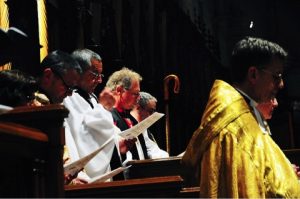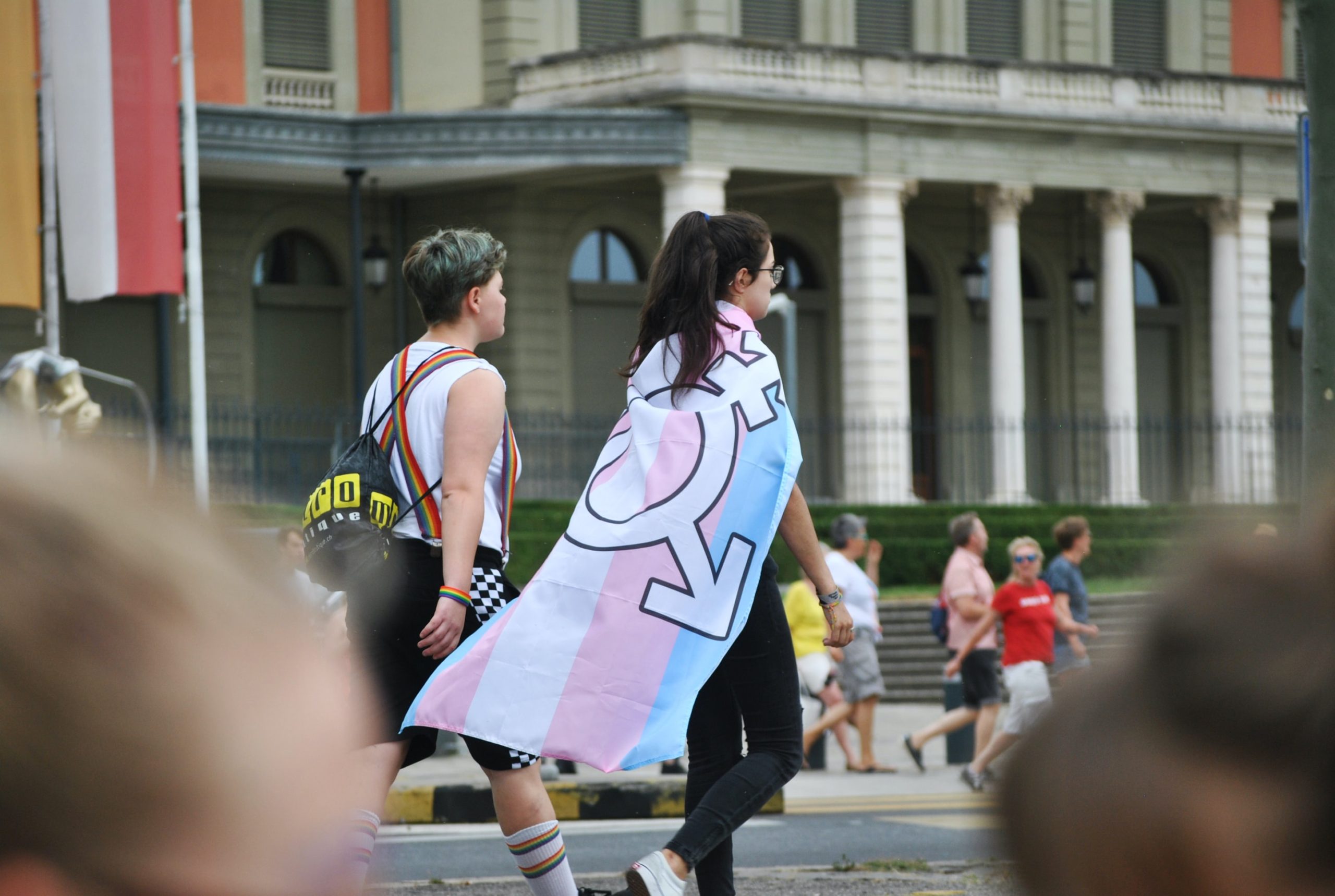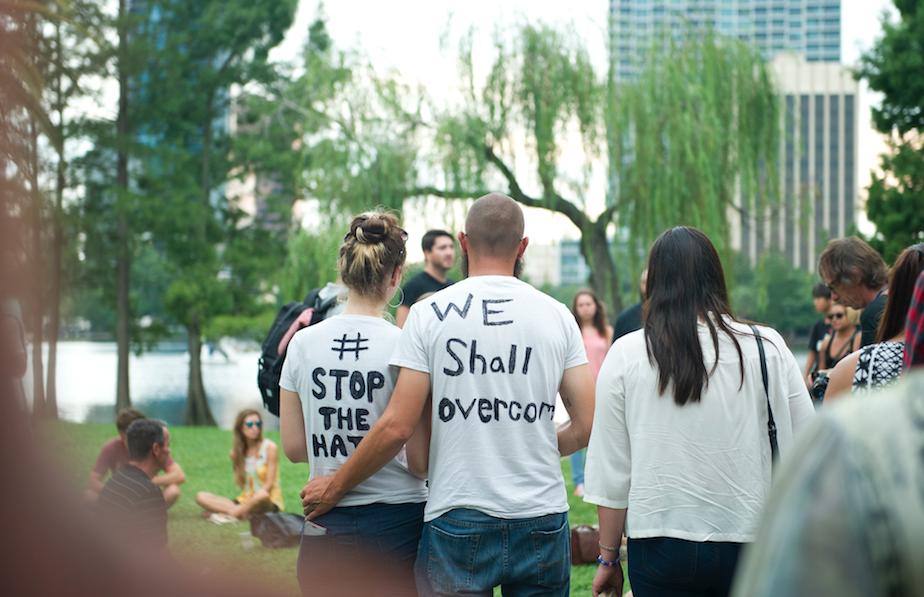By: Robert Jones
Almost immediately after Pope Benedict XVI announced his resignation, rumors began to circulate to explain his sudden and unusual leave. Though he claimed old age and fatigue as his primary reasons, an anonymous source in an Italian newspaper argued that a 300-page dossier containing details of papal abuse, money fraud, and an “underground gay network” in the Vatican was the true reason for his departure. Some are committed to this story, writing editorials and articles that accept this as fact. Others are much more skeptical, claiming that a scandal of this magnitude is unlikely and sensationalistic. Whether this can be believed or not, it does lead to some discussions about the Vatican and sexuality. It’s hard for anyone to keep ignoring the repeated stories of priests, abuse, and homosexuality. But this same organization is one of the largest opponents of gay rights, publicly decrying homosexual relationships and marriage as morally and biblically wrong. The hypocrisy here is obvious: how can the church take such a hard stance against the LGBT community while ignoring such horrid acts of abuse?
It’s no secret that the Catholic Church is less than accepting of homosexuality. It takes a hard line against same sex relationships, denouncing them as sinful and wrong. In 1986, it issued an official letter stating that the Church and its ministers should withdraw all support from any groups supporting homosexuality and Catholicism. The Church is unwavering in its disapproval and makes no attempts to reach a middle ground of agreement between their teachings and their LGBT followers. Though its stance only officially condemns homosexual relationships and actions, it is far from offering support. The Church’s disapproval deeply hurts LGBT Christians who want to practice their faith and be accepted for who they are.
Of course, even more can be said about homosexuality within the Church itself. The church has had many recent brushes with homosexual scandals. It has tried to avoid any associations with homosexuality, distancing itself whenever a story about priestly indiscretion appears in the news. But a 2005 document shows that closeted men who have remained celibate for three years can join the seminary. Though this is hardly a great leap for equality, it shows that the church’s stance is more practical than an outright refusal to tolerate any homosexuality in its branches. Combatting homosexuality within the Church is a much bigger issue than what the Church might like to portray.
The Church has also suffered from quite a few sexual scandals in the past few decades. An Italian newspaper exposed secret gay liaisons of some priests, with one reporter saying, “This is not about homosexuality… This is about private vices and public virtues. This is about serious hypocrisy in the Catholic Church.” Though the Church has such strict moral standards, its record is anything but clean. There have been decades of child abuse scandals in the Church, but no American bishops were held criminally responsible until 2011. To return to an earlier point: how can the Pope spend so much time criticizing the LGBT community when such transgressions are occurring on a global stage? This is a question that people are increasingly starting to ask with growing anger and insistence.
Just a day after Pope Benedict XVI resigned, one prominent candidate for his position gave an interview. The candidate, Cardinal Peter Turkson from Ghana, blamed the latent homosexuality of some priests for the publicized abuse scandals instead of the actual priests. This remark was met with outrage by many—both because it lifts the blame from the abuser to a simple, unknown factor that the church just can’t seem to control, and because the American Psychological Association has found that homosexual men are no more likely than straight men to abuse children. This demonstrates blatant intolerance and ignorance, and many refuse to ignore such conduct any longer. The Church will have to confront its past in a meaningful way if it wants to repair its strained relationship with the LGBT community.

